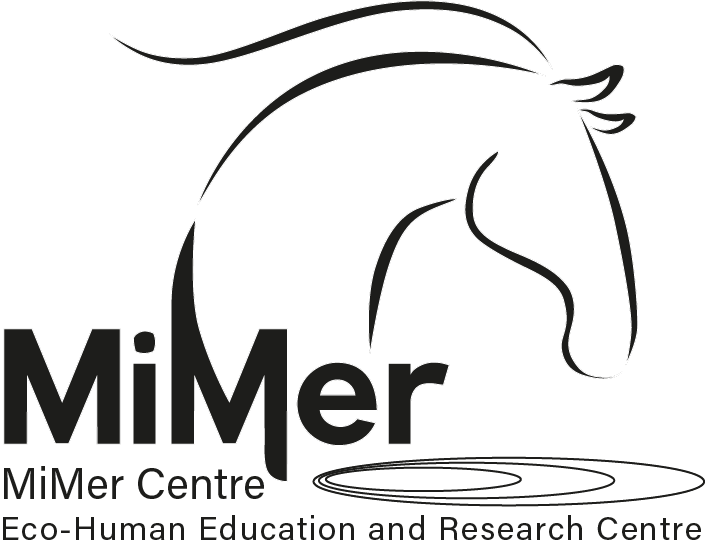
The other day I was puppy-proofing our apartment to be ready for our new furry family member and it got me thinking about the reasons for why I move, what motivates me in the process and what goals I enjoy working towards. These thoughts started running through my head as I was squatting underneath a table in the middle of my partner’s music equipment cable jungle. Organizing those cables in a tight space in between lots of sensitive “toys”, truly put my movement practice into something functional. There was a moment of “aha!” as I did my best to move in between the cables without tripping on anything and causing an expensive accident. There was a functional task with a goal: “organize and hide the cables”. The task required many odd and awkward positions, fluidity of movement, and precision, like playing “the cables are lava”. At that moment I was thankful for the movement practice I’ve done, as it makes these kinds of everyday tasks easier to do. Yes, that is the goal of my practice in general.
Sometimes I forget why I practice, besides the obvious physical and psychological benefits. As sometimes, just knowing that it is good for the body-mind is not enough to get one moving. Lack of motivation is also a real thing for a movement enthusiast like me. That is where defining one’s motivation to move comes into the picture. For some, it is enough to get to practice simply because they want to be able to do e.g. a handstand or run a marathon. For others, like me, these types of goals may lack deeper meaning, and causes a struggle to consistently practice towards a goal that feels more like a “party-trick” (and don’t get me wrong, there’s nothing wrong with that!) than something with “real-life value” or functionality.
Motivation plays a big role in keeping a consistent movement practice. Having intrinsic motivation and -goal helps to keep the practice going on in the long term.











